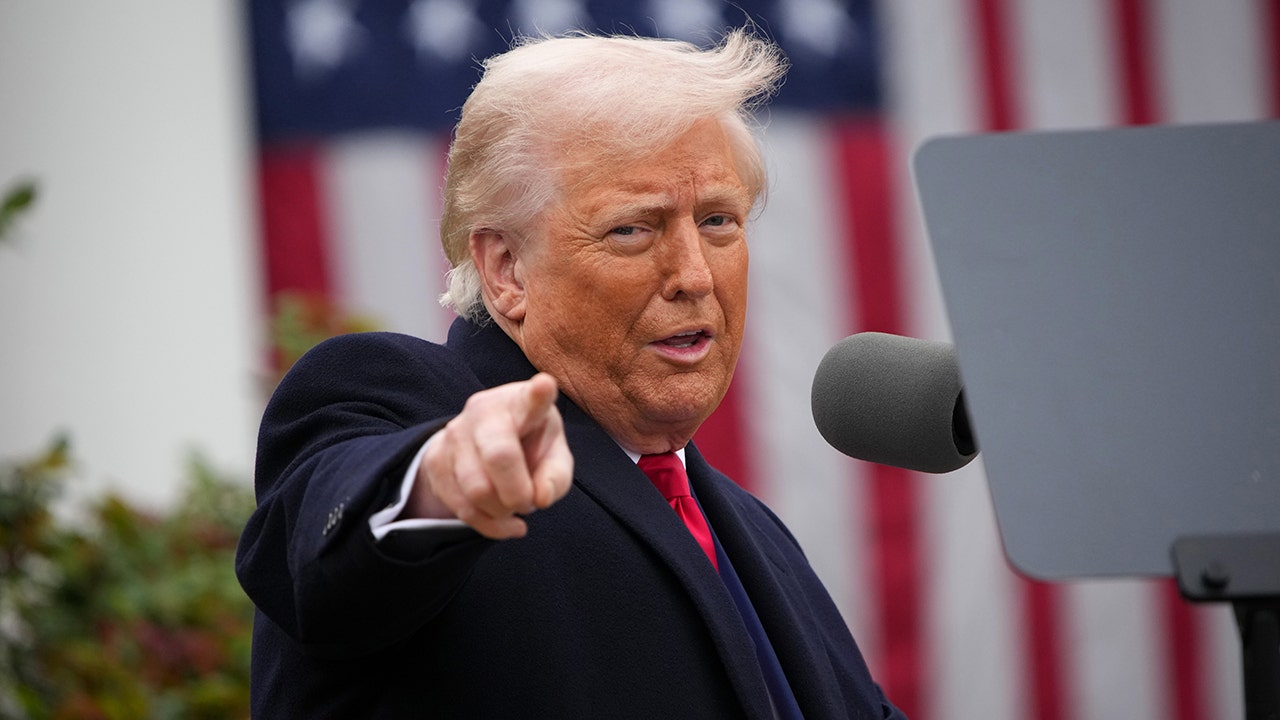Trump says he would consider company-specific tariff exemptions

President Donald Trump recently announced that he is open to providing exemptions for certain U.S. companies that have been hit hard by tariffs, through no fault of their own. The president, along with Treasury Secretary Scott Bessent, addressed reporters and discussed the impact of their tariff decisions on financial markets, as well as the possibility of granting exemptions to certain companies.
During the press conference, Trump was asked if he would consider exempting larger U.S. companies that have been disproportionately affected by the tariffs. In response, the president stated that he would be open to considering such exemptions. He emphasized the need for flexibility in trade decisions, especially for companies that have been negatively impacted due to their industry’s susceptibility to tariffs.
Trump highlighted the importance of using instinct in determining which companies should receive exemptions, rather than relying solely on data and analysis. He emphasized the need for flexibility in navigating trade challenges, stating that sometimes it is necessary to find alternative solutions rather than sticking to rigid trade policies.
Following the recent tariff announcements, the Trump administration released a list of exemptions totaling around $644 billion in imports. These exemptions include goods from Canada and Mexico, as well as certain industries like pharmaceuticals and semiconductors. However, Trump hinted at the possibility of imposing higher tariffs on the pharmaceutical industry in the near future.
The administration is currently conducting a Section 232 investigation to assess the need for imposing tariffs on specific industries. Despite the ongoing probe, Trump’s remarks suggest that the pharmaceutical industry may face increased tariffs in the coming months.
Ultimately, Trump’s willingness to consider exemptions for companies affected by tariffs demonstrates a nuanced approach to trade policies. By prioritizing flexibility and instinct in decision-making, the administration aims to strike a balance between protecting domestic industries and promoting fair trade practices. The White House has yet to provide further details on potential exemptions or tariff adjustments, but the president’s remarks suggest a willingness to adapt trade policies based on evolving circumstances.




